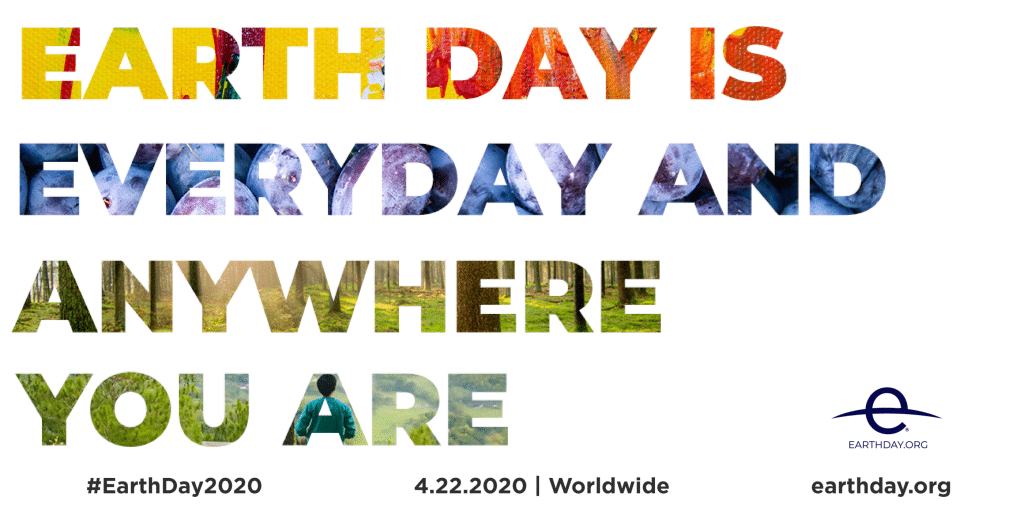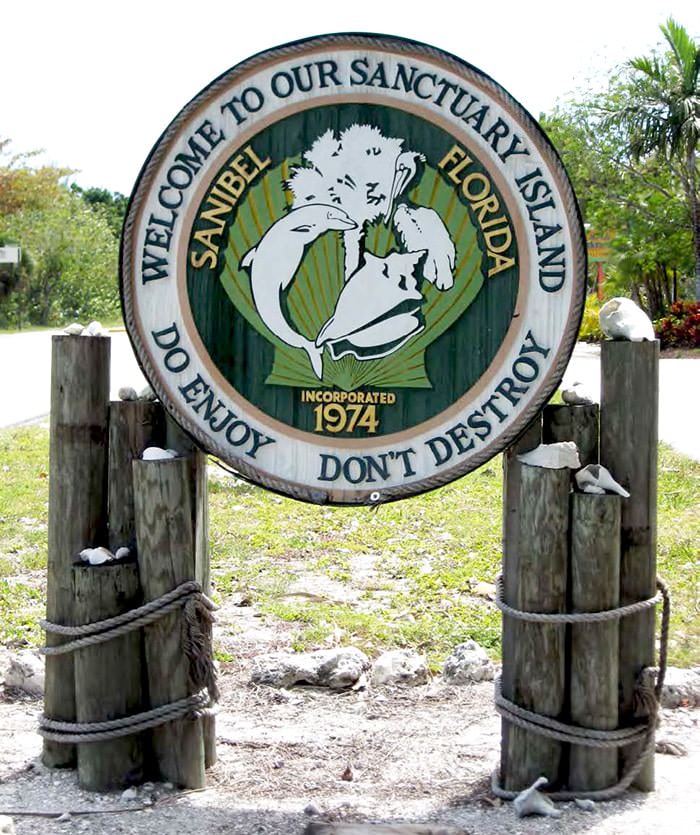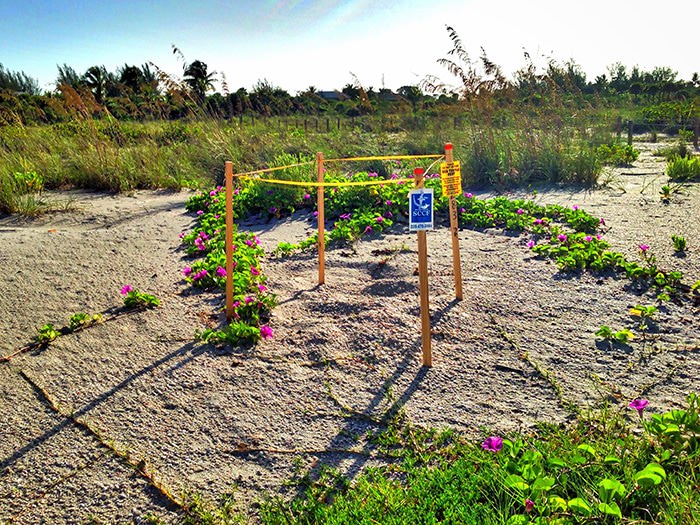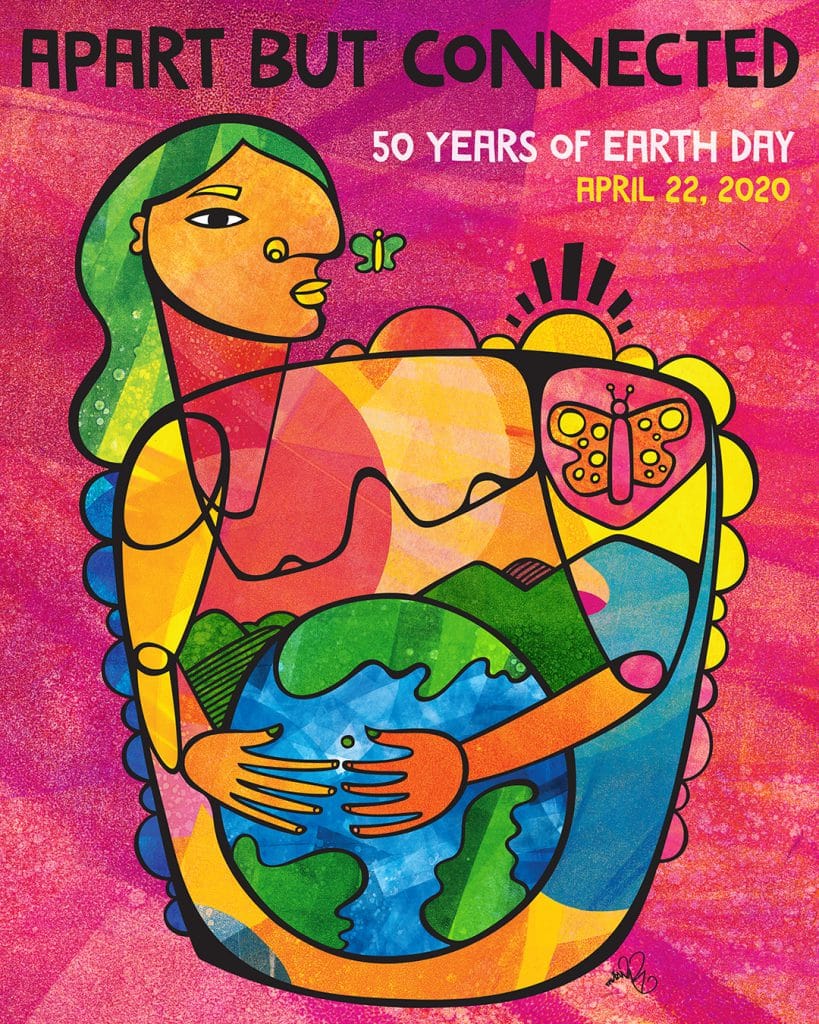April 22, 2020, is the 50th Anniversary of “Earth Day.” You could say we take Earth Day pretty seriously here on island, in fact, every day is Earth Day!

Our Sanctuary Island
More than 67% of Sanibel Island is conservation land preserved as a natural habitat for wildlife. The remaining percentage of the island has restricted building codes and rules enforced to protect the habitat for these animals.
The islands are a sanctuary for birds, sea turtles, lizards, frogs, bobcats and yes, alligators. These creatures live in harmony with residents and those visiting the island. Since we all share the same home, we must be vigilant in our efforts to protect and enhance the island’s delicate environment and ecosystem.

How Can You Help?
While the current COVID-19 situation has most of us remaining safely in our homes. We would like to highlight ways you can help preserve our island’s natural habitat while you are walking, jogging or biking around island… or to keep in mind when you are finally able to visit our islands once again.
Here are a few tips we pulled from Sanibel’s Environmental Reference Handbook to help keep our beaches beautiful:
Enjoy birds from a distance. Our beaches have shorebirds that stop by to “refuel” during their migration. Causing the birds to run or fly away from you wastes the energy they need to survive their migration. Enjoy the birds from a distance and try not to scare them off.
Stay clear of nesting areas. This may seem obvious, but some nesting sites aren’t marked, and therefore, aren’t obvious. If you notice tracks or holes in the sand, its best to stay clear of the area.

Don’t feed the pelicans. Pelicans have associated humans, especially fishermen, with food, but feeding the birds large fish can obscure their intestines and can be fatal. Avoid feeding pelicans and any of the other species of birds on the island.
Don’t pick the flowers. The vegetation along the shore is a crucial part of maintaining the dunes, which protect the island’s shoreline. Sanibel and Captiva beaches are not groomed with machinery or rakes because the beach debris that occurs naturally is an important part of some animal’s diet and habitat.
Pick up after yourself and your pets. Littering is illegal and harmful to the environment, especially marine life. Aside from plastics, monofilament fishing line is one of the most commonly found trash products disposed of along the beach. These lines are dangerous to dolphins, manatees, fish and birds.
So on the 50th Anniversary of Earth Day, we hope you will practice Earth-friendly habits – not just on Sanibel & Captiva, but wherever you are!

